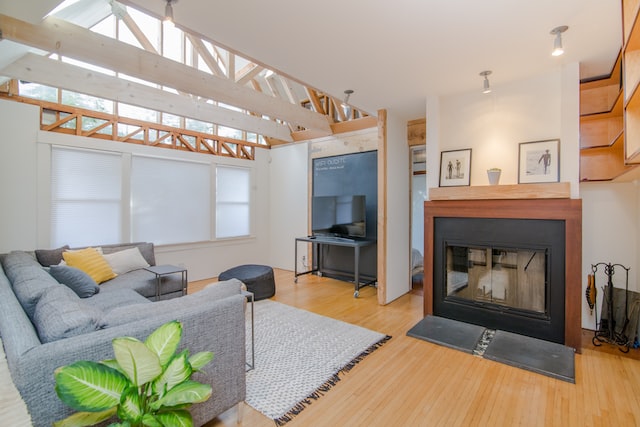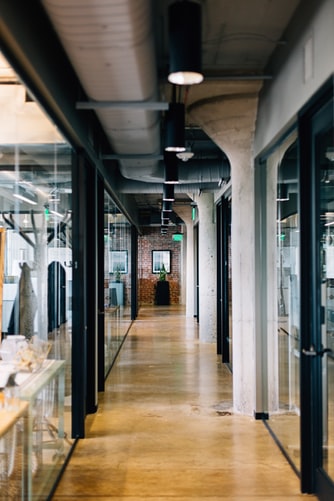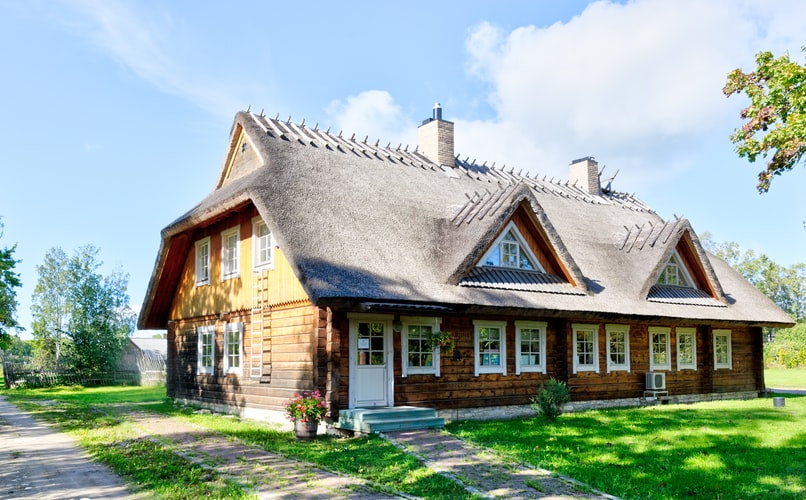Purchasing a home is a significant investment, so it’s essential to know how to save money when investing in a home. You can save money by taking advantage of the cheapest time to purchase a home, paying off any debt you have before you begin saving for a down payment, and purchasing a home in a less populated area.
Buy a home in a rundown neighbourhood
Buying a home in a rundown neighbourhood may not be the most glamorous endeavour, but a well-chosen property can significantly impact your wallet. One way to do this is to use the right letting agent, and you’ll be rewarded with a property well-suited to your needs.
It is worth to keep in mind when purchasing a project property in need of renovation that you may need to replace the furnishings of the house, such as replacing windows or a leaky ceiling which can be a significant expense.
Whether you’re a first-time homebuyer or an experienced real estate lawyer, you’ll find what you need and more in the area. If you save a couple of thousands of dollars on your new home, you’ll be well rewarded with a home that’s more than capable of taking care of you and your family. The key is to find the right real estate agent who is willing to listen to your needs and wants and to put the time in to find what you’re looking for.
Pay off debt before saving for a down payment.
Buying a home is a significant financial decision, and weighing the benefits of saving for a down payment before you decide to buy is important. Whether to save first depends on many factors, including your finances and debt situation.
If you are paying a high-interest rate on your debt, it may be more effective to pay that debt off first. However, paying off debt may delay your saving for a down payment.
Before you decide whether to save first or pay off debt, it is essential to calculate your mortgage payment. Your payment will depend on the size of your down payment and the type of loan you choose. If you choose a conventional mortgage loan, you may be able to borrow a more considerable amount, but you may have to make higher minimum payments.
Buy a home in an off-peak season.
Buying a home in an off-peak season can save you money and time. While you won’t have the influx of house hunters you’ll find during the summer months, you’ll still have access to the latest and greatest properties suited to your taste.
It’s a good idea to hire a local real estate expert to advise you on the hottest properties. They’ll also know the ins and outs of the local market. As a bonus, you’ll have a leg up on the competition when negotiating the best deal.
As with all things in life, there are downsides to the home-buying process. Among these are the high cost of home repairs, escalating interest rates and the prospect of a move-in date. But don’t be deterred. With some planning and preparation, you can transition without disrupting your daily life.
Consider buying a split-level home.
Buying a split-level home can be a great way to save money when purchasing a property. These homes are cheaper than other homes of the same size and offer plenty of living space without taking up much space in the yard. The home’s main level usually features the living room, kitchen and dining area. The lower level usually has a den or garage.
These homes were originally designed for the middle market. The first split-level homes appeared in the 1950s and 1960s. They were designed to be cheaper and easier to build than traditional two-story houses. They were prevalent in areas with hilly terrains.
They were also famous for their ability to be packed into small parcels of land. In many cases, the home had the option of a finished basement level that could be used for additional family rooms, dens, or laundry rooms.

Rose Woofter writes about sustainable luxury and the growing trend of eco-friendly, yet lavish, travel experiences, with a focus on heritage railway carriages.


